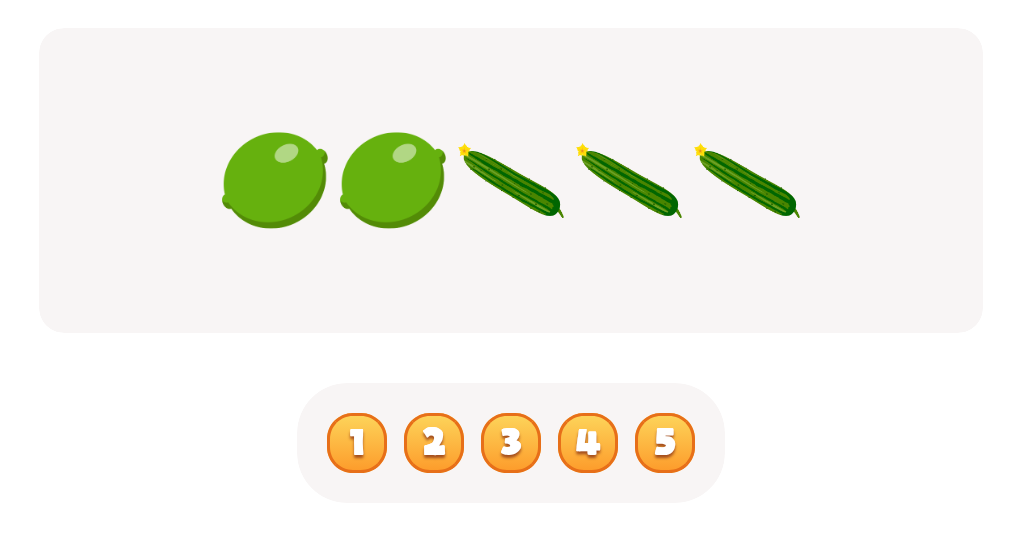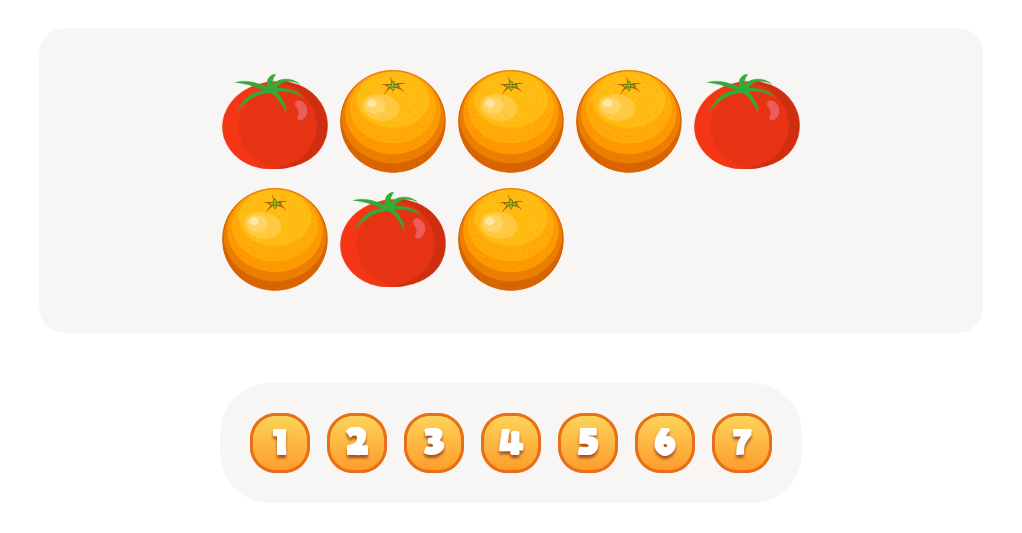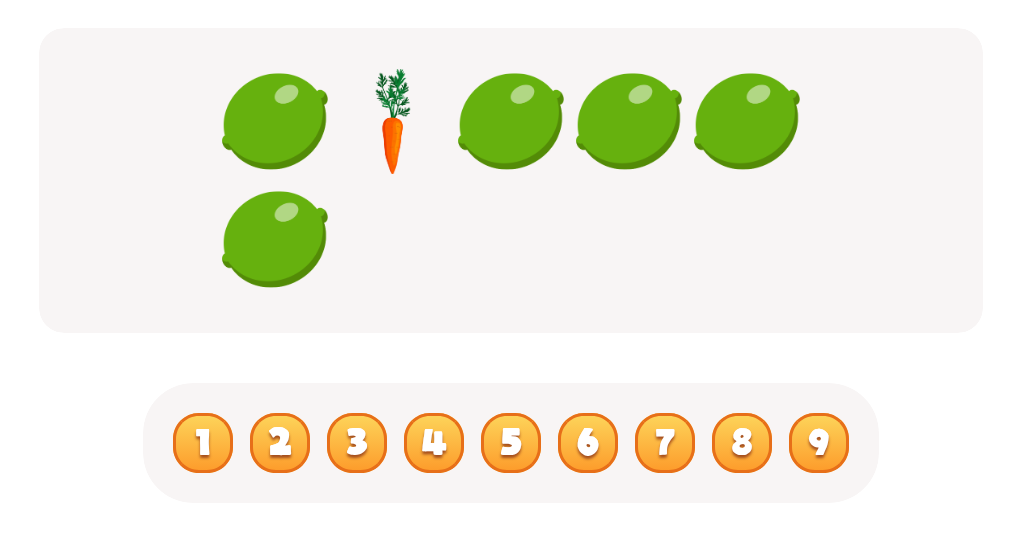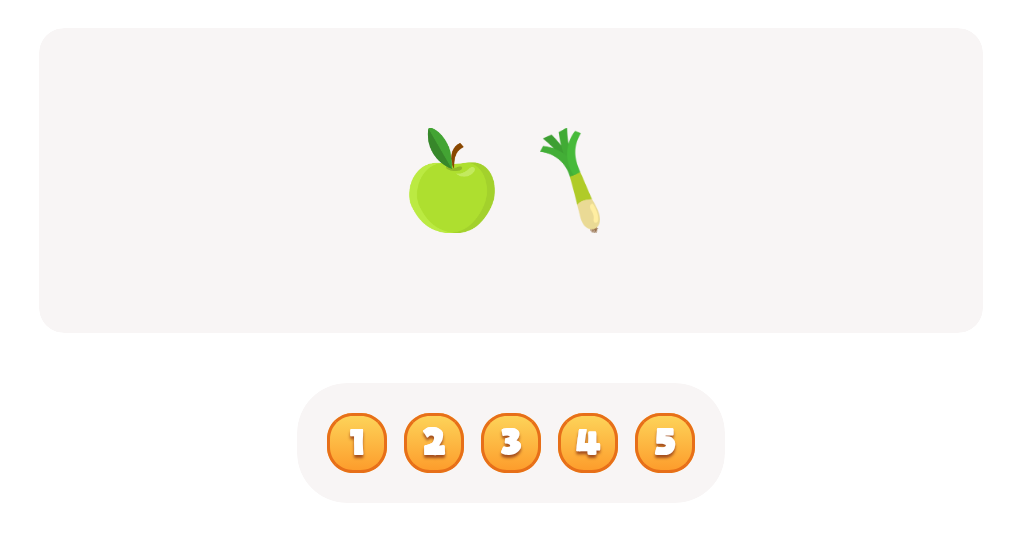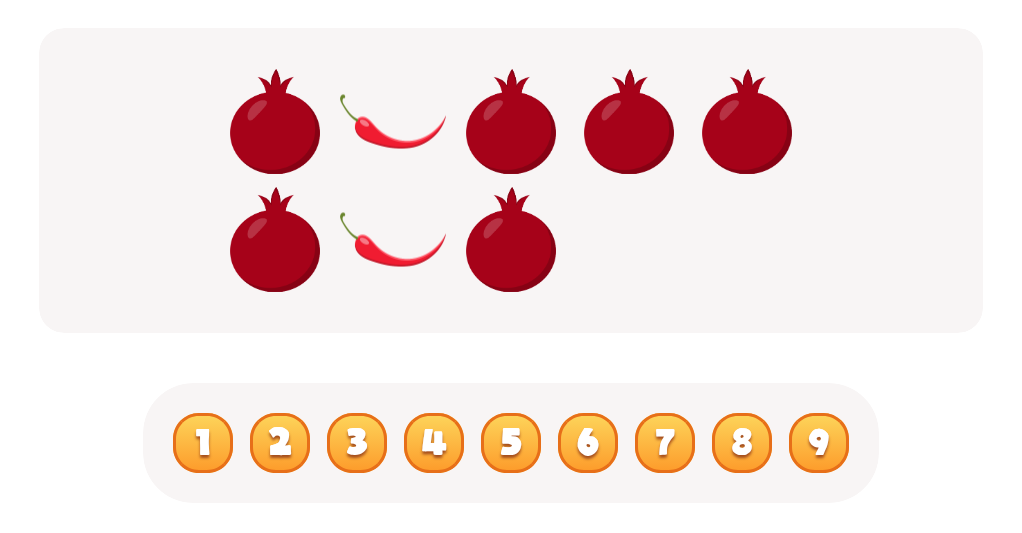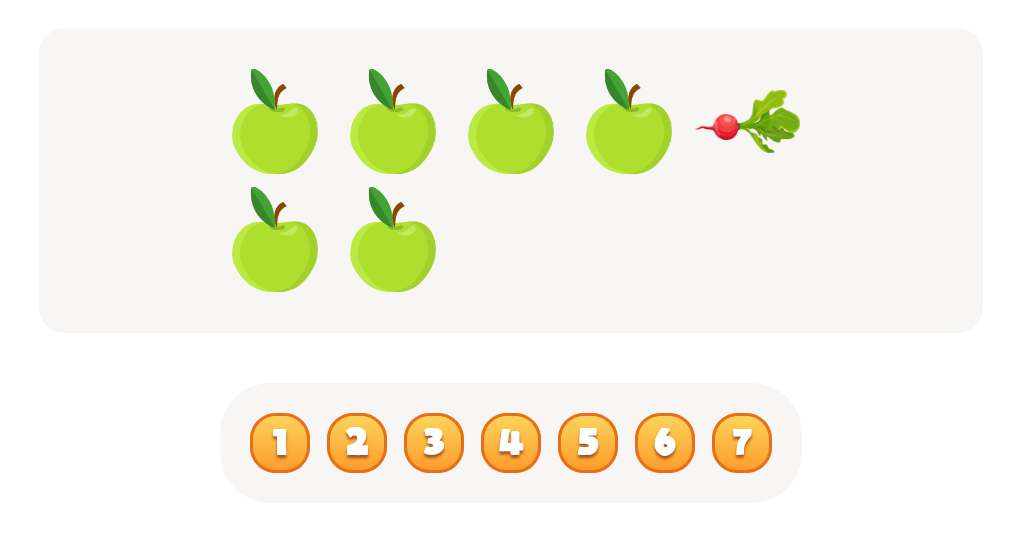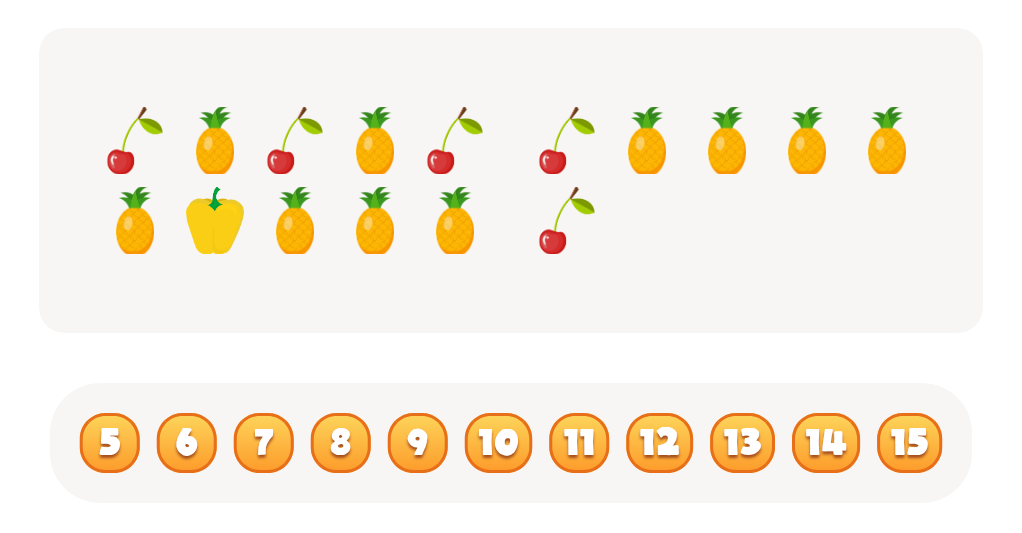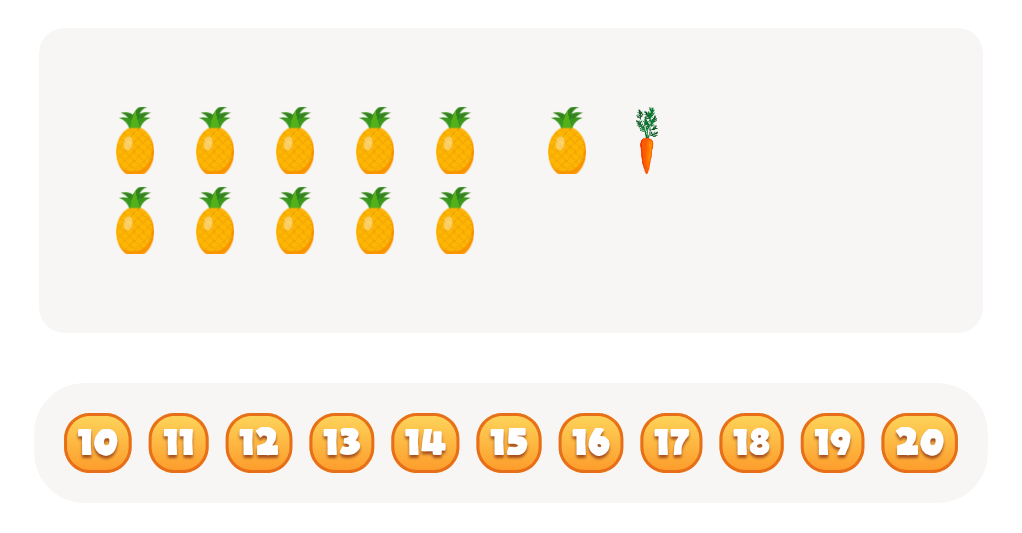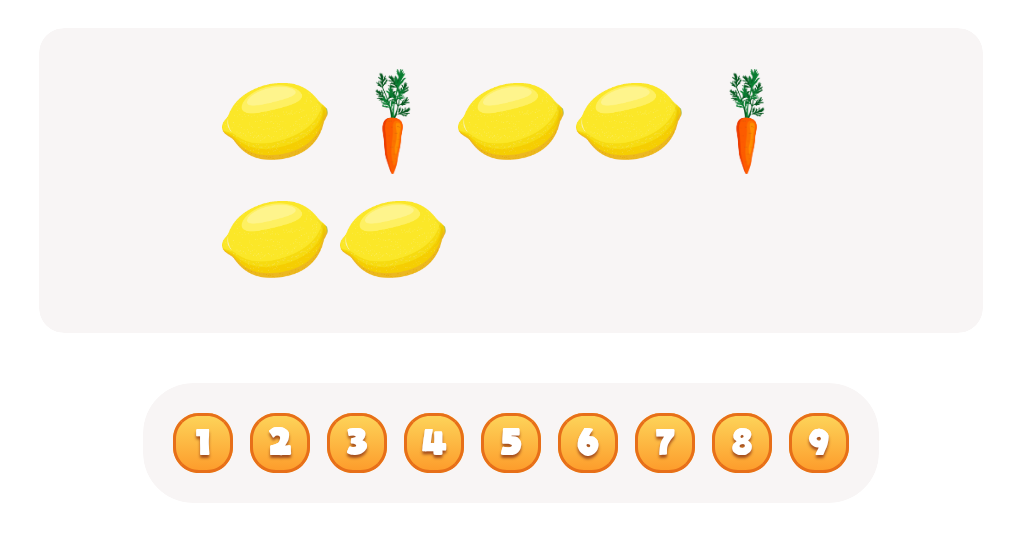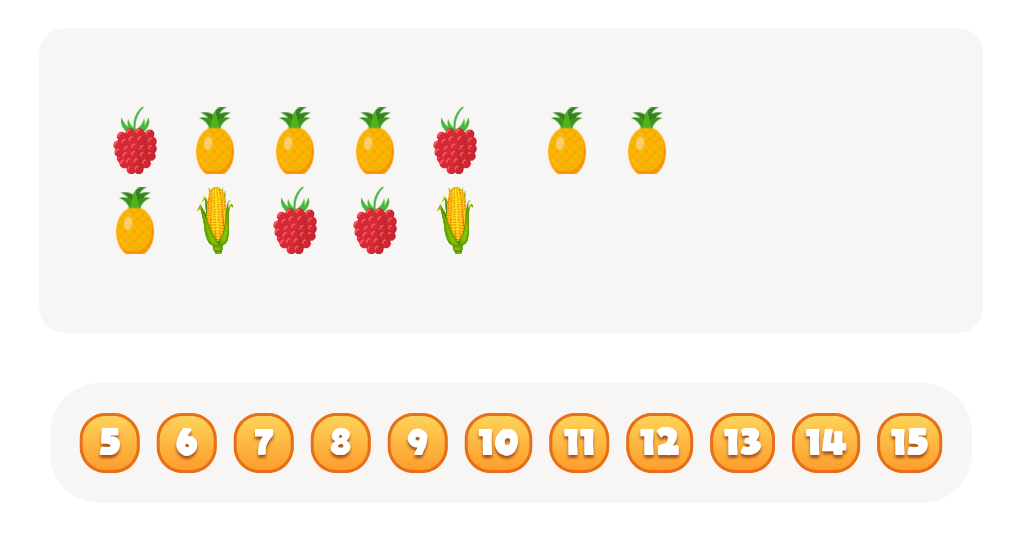Logical Reasoning Normal Plants and Animals Worksheets for Ages 4-9
5 filtered results
-
From - To
Our "Logical Reasoning Normal Plants and Animals Worksheets" for ages 4-9 offer a fun and engaging way to enhance early science skills. These printable activities help young learners develop critical thinking and problem-solving abilities by exploring the world of plants and animals. Designed to interest and challenge, the worksheets cover various topics such as life cycles, habitats, and classifications. Tailored to suit children’s developmental stages, these resources create a solid foundation for scientific understanding and foster a love for learning about nature. Download now and give your child the tools to think logically and reason about the natural world!
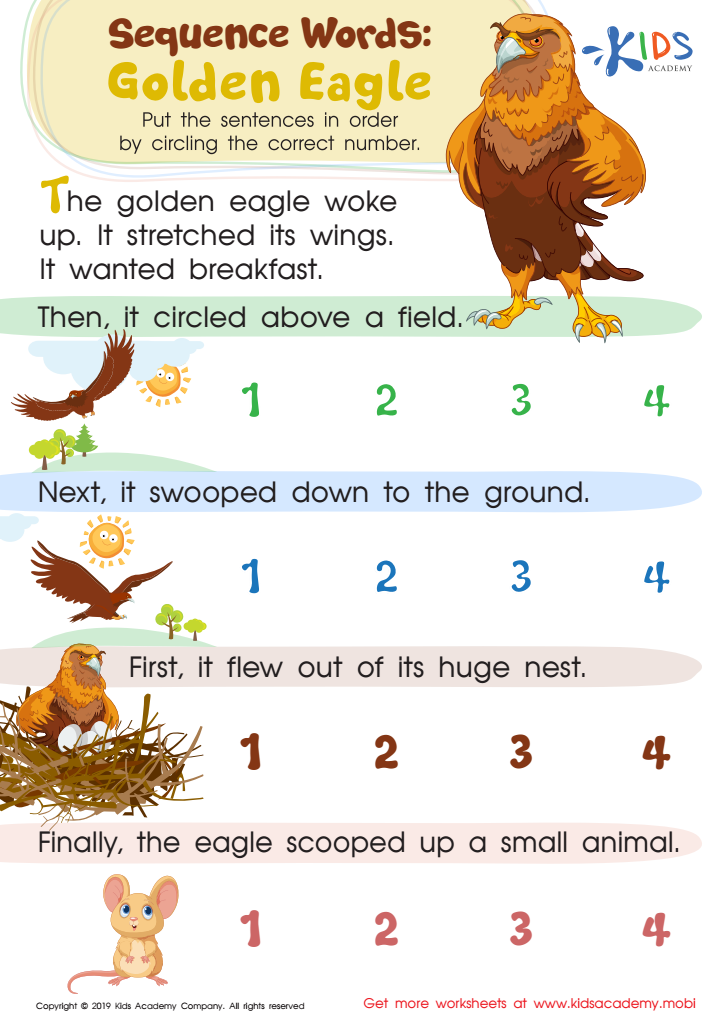

Sequence Word Eagle Worksheet


Sorting Animals in 3 Groups Worksheet
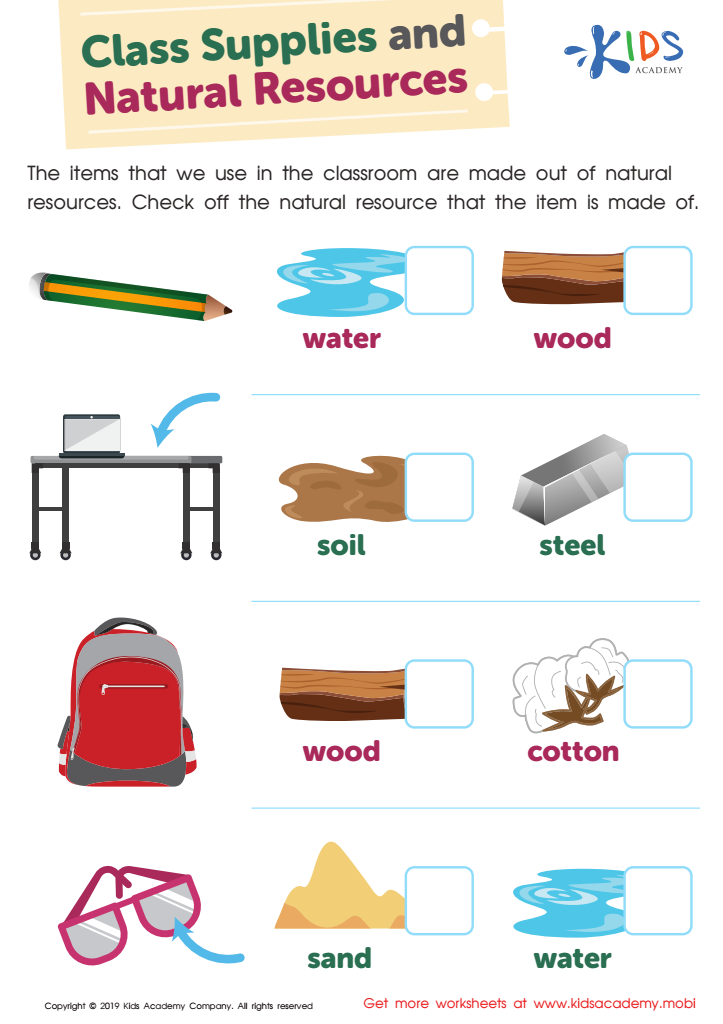

Class Supplies and Natural Resources Worksheet
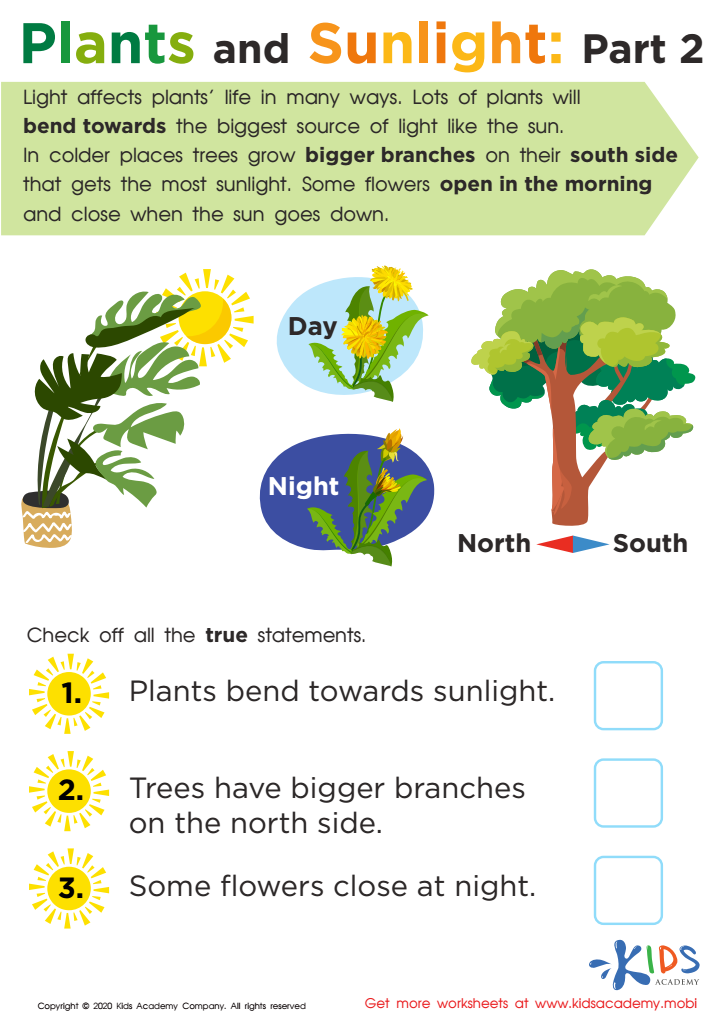

Plants and Sunlight: Part 2 Worksheet
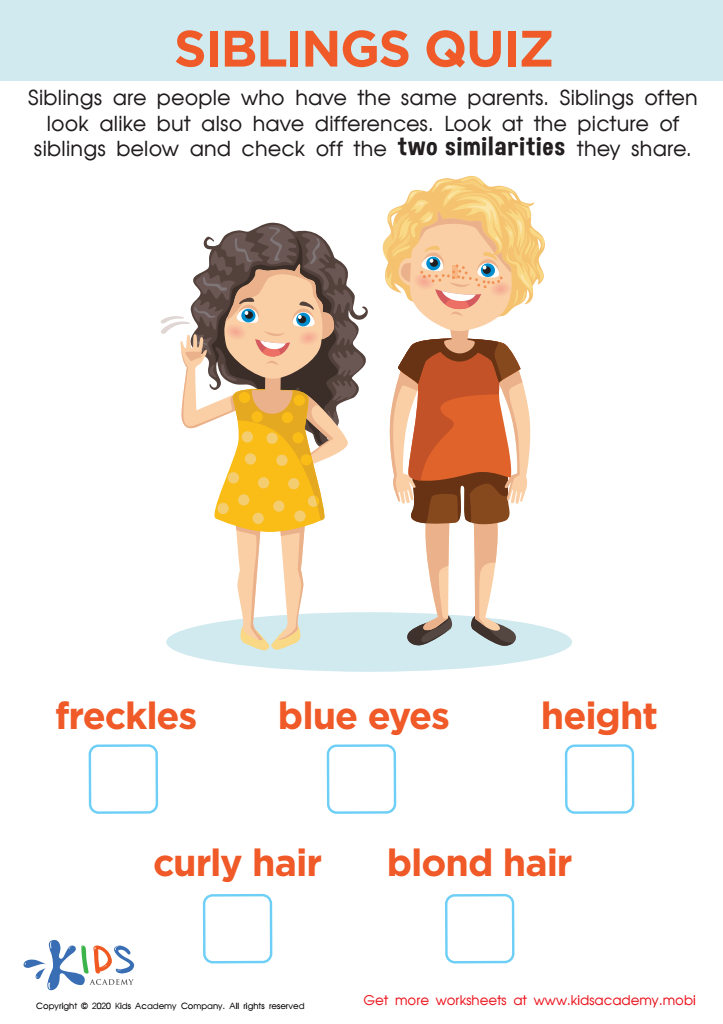

Siblings Quiz Worksheet
Understanding logical reasoning about normal plants and animals is fundamental for children aged 4-9 because it lays the groundwork for critical thinking and cognitive development. At this age, young minds are naturally curious about the world around them, and learning about plants and animals helps spark that curiosity in meaningful ways. For parents and teachers, emphasizing these topics encourages children to observe, question, and draw connections between different pieces of information.
Introducing logical reasoning through natural subjects like plants and animals nurtures a child's ability to process information systematically. For example, asking why plants need sunlight or how animals adapt to their habitats requires children to think critically and sequence their thoughts logically. This deeper understanding not only helps with science knowledge but also fosters important problem-solving skills that are applicable across all areas of learning.
Moreover, caring about logical reasoning in these subjects nurtures empathy towards living things, promoting stewardship and responsibility for the natural world. It's during these formative years that positive attitudes and values about the environment are most effectively instilled. Therefore, teaching logical reasoning about plants and animals equips children with essential cognitive tools and fosters a lifelong appreciation for the natural world, benefitting their overall development and future learning experiences.
 Assign to My Students
Assign to My Students
